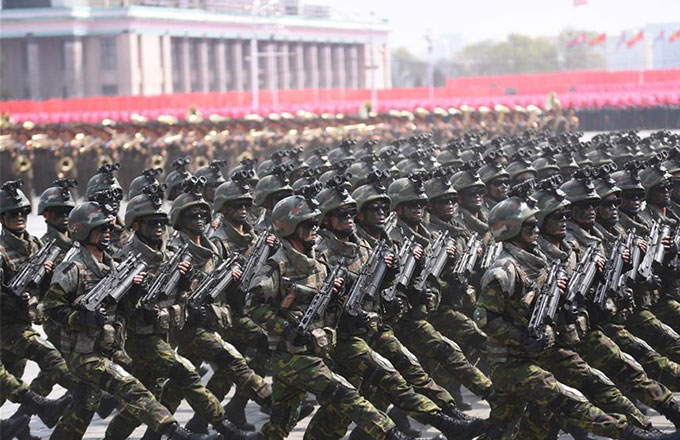Thorny road ahead for Erdogan
|
A woman shows her hand, which reads "Tayyip Erdogan", as she waits for the arrival of Turkish President Recep Tayyip Erdogan in Ankara on Monday. Provided By Reuters |
ANKARA - President Recep Tayyip Erdogan's tight victory in Sunday's referendum may not allow him to move freely in expanding his powers, analysts pointed out on Tuesday. An unofficial tally gave Erdogan's "yes" vote a narrow win, with 51.4 percent approving a series of constitutional changes converting Turkey's parliamentary system to a presidential one.
But US President Donald Trump congratulated Erdogan on the referendum campaign in a phone call on Monday and vowed close cooperation on Syria and Iraq, Turkish presidential sources said.
"I value our friendship, we have many important things to do together," Trump was quoted by the sources as saying in a statement.
Total votes of the ruling Justice and Development Party, or AKP, and Nationalist Movement Party, or MHP, backers of the charter change camp, decreased more than 10 percent compared to the parliamentary elections in 2015.
Turkey's Prime Minister Binali Yildirim on Tuesday called on the opposition to respect the result of the referendum, as the Republican People's Party prepared to apply to the country's highest electoral board to seek an annulation of Sunday's vote.
'A far clearer victory'
On April 14, Erdogan predicted a far clearer victory as polls showed a 55-60 percent support to the amendments.
Both Erdogan and the AKP officials were pressing for "at least 55 percent" support for the changes in order to be as comfortable as possible in implementing presidential powers, and in securing future presidential and parliamentary elections which require at least 50 percent of the votes, according to Hurriyet Daily News columnist Serkan Demirtas.
"However, the fact that these changes could only be approved by a small margin means the opposition and civil society will be much more vocal in challenging governmental actions," he said.
"The majority of our people said 'yes' to the presidential administration system. But the number of those who say 'no' is high in considerable amount. This should be well examined," Ilnur Cevik, adviser to the presidency said in his column in daily Yeni Birlik.
"It is observed that the AKP has been weak in some places especially in Ankara and Istanbul and the votes are given to Erdogan's sake," the president's adviser stated.
Three main cities, including the capital Ankara, western Izmir and the largest city Istanbul, looked set to vote "no", while 'yes' prevailed in Anatolia, conservative and religious heartland of Turkey.
A belt along the Aegean and Mediterranean regions strongly rejected the proposed executive presidency.
Less educated class and rural regions votes "yes" while urbanized class and more educated electorate voted against the presidential system according to initial assessments within the AKP, journalist Hande Firat said.



















